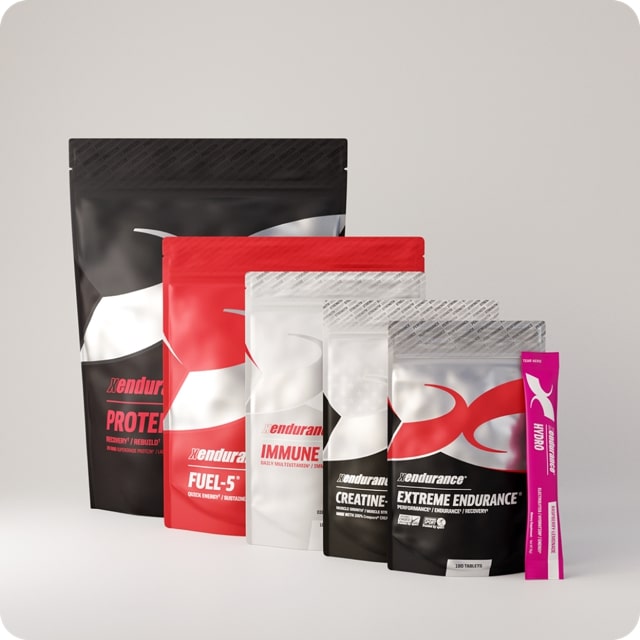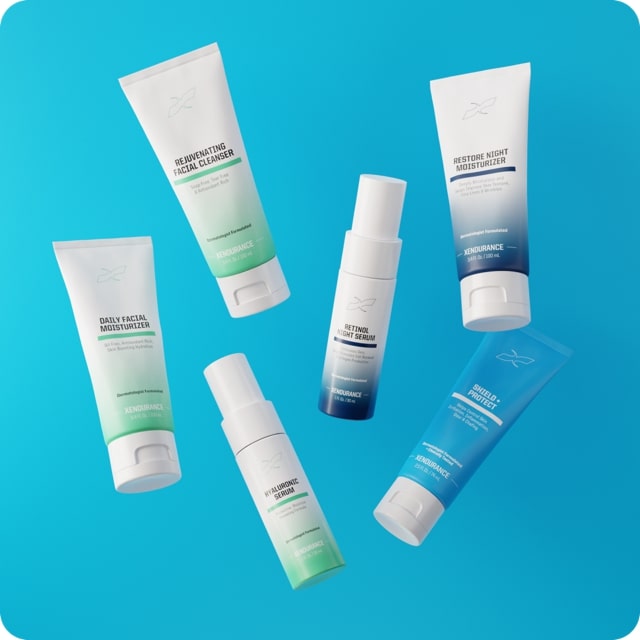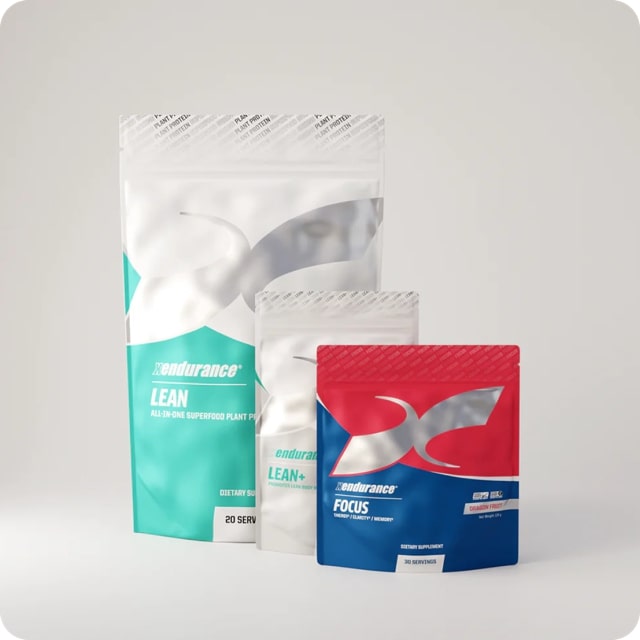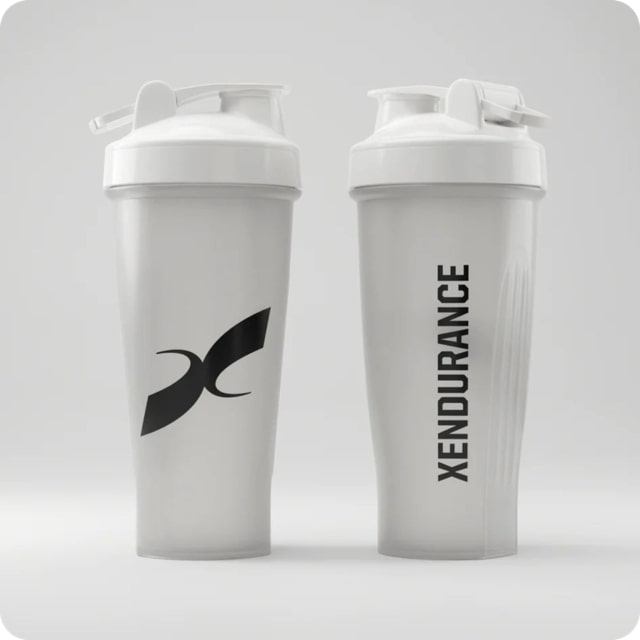You may know antioxidants as ingredients found in your supplements, but did you know it is equally important to apply them to your skin? In the vast world of skincare, antioxidants have emerged as a cornerstone ingredient that strives to provide youthful, glowing skin. These powerful substances are not just beneficial when consumed in foods or supplements; they also play a crucial role in topical skincare applications. But why are these substances so revered in the beauty industry? This blog delves into the science behind antioxidants and uncovers their incredible benefits for your skin.
Understanding Antioxidants
At their core, antioxidants are molecules that fight free radicals in your body. Free radicals are unstable atoms that can damage cells, causing illness and aging. Antioxidants, such as vitamins C and E, flavonoids, and tannins, stabilize these radicals, preventing cellular damage.
The Role of Antioxidants in Skin Health
Imagine your skin as a battlefield where the good guys, antioxidants, are tirelessly fighting against the bad guys, free radicals. While you may be familiar with antioxidants in supplements and diets, applying them directly to your skin is equally important. In the realm of skincare, antioxidants have become indispensable for those seeking radiant, youthful skin. These powerful warriors are not just for internal health; they play a pivotal role in topical skincare that also helps shield the skin’s surface from UV rays and pollution. Think of antioxidants as your agents to combat aging.
- Antioxidants and Sun Damage
Sun exposure is a leading cause of skin aging. Antioxidants can mitigate some of the damage caused by UV rays. They strengthen your skin's natural defense system and help in repairing sun-damaged skin.
- Antioxidants and Skin Repair
Our skin undergoes daily wear and tear. Antioxidants accelerate skin repair by boosting collagen production, which enhances skin elasticity and firmness. This is particularly beneficial as collagen production naturally declines with age.
What Are Essential Antioxidants For Skincare and Their Unique Advantages?
-
Vitamin C (Ascorbic Acid):
What it does: Vitamin C is a potent antioxidant known for its role in collagen synthesis, which helps maintain skin elasticity and firmness. It brightens the complexion, reduces hyperpigmentation, and protects against damage from UV rays and pollution.
-
Vitamin E (Tocopherol):
What it does: Vitamin E helps in nourishing and protecting the skin from damage caused by free radicals. It's also known for its moisturizing properties, helping to strengthen the skin's natural barrier, and may aid in healing scars and burns.
-
Retinol (Vitamin A):
What it does: Retinol is celebrated for its anti-aging properties. It accelerates cell turnover, reduces fine lines and wrinkles, and improves skin texture and tone. Retinol also helps in unclogging pores, making it beneficial for acne-prone skin.
-
Resveratrol:
What it does: Found in grapes and berries, resveratrol protects the skin from environmental stressors and has anti-inflammatory properties. It's known for its ability to improve skin firmness and elasticity.
-
Niacinamide (Vitamin B3):
What it does: Niacinamide boosts the skin's barrier function, reduces inflammation, and improves skin tone and texture. It's effective in reducing acne, fine lines, and hyperpigmentation.
-
Green Tea Extract (Epigallocatechin Gallate):
What it does: This extract contains powerful anti-inflammatory and antimicrobial properties, making it effective in treating acne and calming irritated skin. It also protects against UV radiation and environmental pollutants.
-
Coenzyme Q10 (Ubiquinone):
What it does: CoQ10 helps in skin repair and regeneration. It reduces the appearance of fine lines and protects against photoaging due to its ability to neutralize harmful free radicals.
-
Alpha-Lipoic Acid:
What it does: Alpha-Lipoic Acid is both water and fat-soluble, allowing it to work in every cell or tissue in the body. It's known for its anti-aging properties, reducing lines, wrinkles, and skin roughness.
-
Curcumin (from Turmeric):
What it does: Curcumin offers strong anti-inflammatory and antioxidant properties. It can improve collagen deposition and aid in wound healing, and is also effective in treating psoriasis and other inflammatory skin conditions.
Each of these antioxidants plays a unique role in skincare, targeting different concerns and providing various benefits to maintain healthy, youthful-looking skin.
What Are The Most Powerful Antioxidants For Skin?
Antioxidants work together in a complex manner. Among the antioxidants in the skin, vitamin C stands out as the most abundant. Retinoids have the potential to be highly beneficial for those suffering from skin conditions like acne.

Incorporating Antioxidants in Your Skincare Routine
Incorporating antioxidants into your skincare routine is a straightforward yet effective strategy for enhancing skin health and appearance. When searching for products rich in antioxidants, serums, moisturizers, and sunscreens are particularly beneficial choices.
Serums, often lightweight and highly concentrated, are ideal for delivering a potent dose of antioxidants directly to the skin. They penetrate deeply, offering targeted treatment and the ability to address specific concerns like fine lines, uneven skin tone, or dullness. Antioxidant-rich serums can provide a protective barrier against environmental stressors, making them a crucial step in both morning and nighttime skincare routines.
Moisturizers play a dual role. Not only do they hydrate and nourish the skin, but when infused with antioxidants, they also offer a layer of protection against daily exposure to pollutants and UV rays. Antioxidant-enriched moisturizers help to strengthen the skin’s natural barrier, reducing the impact of oxidative stress and preventing premature aging.
Sunscreens with antioxidants add an extra layer of defense against the sun’s harmful UV rays. While the primary function of sunscreen is to protect the skin from UV damage, the addition of antioxidants helps to neutralize free radicals generated by sun exposure, further preventing skin damage and aging.
Choosing products suitable for your skin type is crucial in maximizing these benefits. For instance, individuals with oily skin might prefer serums and moisturizers that are non-comedogenic and lightweight, while those with dry skin might look for richer, more hydrating formulations. Sensitive skin types should opt for products with gentle, non-irritating antioxidants.
In conclusion, by selecting the right antioxidant-rich serums, moisturizers, and sunscreens for your skin type, you can effectively shield your skin from environmental damage, enhance its natural healing processes, and maintain a youthful, radiant complexion.
How To Look For Antioxidants In Skincare?
When shopping for skincare products enriched with antioxidants, it's important to know what to look for. Firstly, check the ingredient list for known antioxidants like Vitamin C (ascorbic acid), Vitamin E (tocopherol), retinol (Vitamin A), niacinamide (Vitamin B3), and green tea extract. These ingredients are often prominently highlighted in product descriptions. It's also beneficial to look for products packaged in opaque and airtight containers, as antioxidants can be sensitive to light and air, losing their effectiveness over time. Additionally, consider your skin type and concerns. For instance, if you have sensitive skin, opt for products with gentler antioxidants like niacinamide. For more targeted benefits, such as anti-aging or brightening, look for products with specific antioxidants known for these effects, like Vitamin C for brightening. Lastly, don’t hesitate to consult with a dermatologist or skincare specialist for personalized recommendations based on your skin's needs.
Natural Sources of Antioxidants for Skin
Nature is abundant with antioxidants. Foods rich in vitamins C and E, like citrus fruits and leafy greens, can boost your skin's health from the inside.
Remember that incorporating antioxidants into your skincare routine doesn't always require expensive products; you can also use natural ingredients found right in your kitchen. DIY masks featuring green tea and berries are not only a fun and creative skincare activity, but they're also an effective way to boost your skin's antioxidant intake. Green tea is rich in epigallocatechin gallate (EGCG), a potent antioxidant that combats inflammation and reduces signs of aging. You can brew a strong cup of green tea, let it cool, and then mix it with a natural binder like honey or yogurt to create a soothing face mask. Berries, on the other hand, are packed with vitamins C and E and can be mashed into a rejuvenating facial treatment. Mixing crushed berries with a bit of oatmeal can create a mask that not only provides antioxidant benefits but also gently exfoliates the skin. These natural DIY masks offer a dual advantage – they are free from harsh chemicals, making them suitable for all skin types, and they provide a cost-effective way to enjoy the benefits of antioxidants. Regular use can help protect the skin from environmental stressors, improve skin texture, and leave your complexion looking brighter and more youthful. Plus, the process of creating your own skincare treatments can be a relaxing and satisfying experience, adding an enjoyable element to your beauty routine.
The Ultimate Effect of Antioxidants in Skincare
Antioxidants are more than just a buzzword in skincare. They are a crucial element in maintaining healthy, youthful skin. By understanding their benefits and incorporating them into your skincare routine, you can significantly enhance your skin’s appearance and health. Remember, a personalized approach is always best, so consider consulting a dermatologist for tailored advice.











Leave a comment
This site is protected by reCAPTCHA and the Google Privacy Policy and Terms of Service apply.